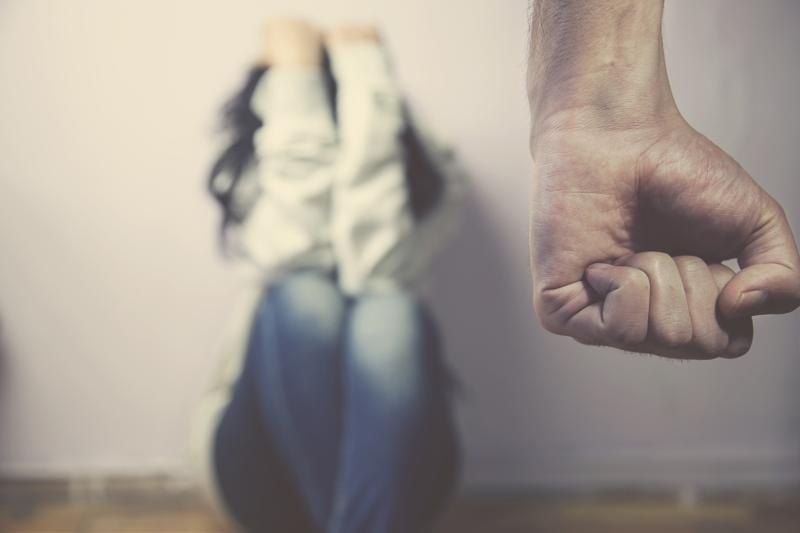Dental health professionals can help spot domestic abuse under COVID-19 quarantine




 By educating healthcare professionals to identify human trafficking victims, there is an indirect benefit of the identification of other forms of abuse, such as domestic violence and sexual assault.
By educating healthcare professionals to identify human trafficking victims, there is an indirect benefit of the identification of other forms of abuse, such as domestic violence and sexual assault.Dental and oral and maxillofacial surgery (OMFS) healthcare practitioners have a crucial role to play in identifying victims of domestic violence and abuse (DVA), according to a recent UK clinical letter.
“Household isolation measures to reduce coronavirus transmission during the coronavirus disease 2019 (COVID-19) pandemic have resulted in increased risk of DVA,” authors said. “It is crucial that the dental and OMFS team engage.”
Amid the pandemic, patients seeking clinical care are triaged by a dentist through a phone or video call. In this setting, it would be difficult to the patient to disclose DVA, particularly if the abuser is present. The responding healthcare worker should ascertain the level of danger the patient is in and should act in accordance (through contacting emergency services, for example). [British Dent J 2020;288:923-926]
Any confirmed or suspicion of DVA should also be noted in the written record of the triage. This may be helpful in securing protection for the patient. According to the authors, at least under British law, practitioners registered under the General Dental Council are “among appropriate health professionals” that can provide evidence in court.
In terms of tone and questioning, the authors stressed that healthcare providers should be confident, nonjudgmental, and supportive, without being accusatory or patronizing. As when taking medical histories, questions need to be direct, but practitioners should be careful.
“Vague enquiries are not helpful,” they said. “The appropriate time to ask is when enquiring about the cause of the injury – how, when, and where it occurred.”
Importantly, the attending practitioners should assure the possible DVA victim of confidentiality but should also be honest about its limits. The authors pointed out that in abusive households with children under 18 years of age, the safety of the children would take precedence of confidentiality.
“Measures have been introduced in many countries during the COVID-19 pandemic to suppress the transmission of coronavirus in the community by reducing contact between individuals and imposing household isolation,” the authors said. “These measures drastically affect most people’s day-to-day life, but for those experiencing DVA, there are increased risks.”
“If the dental and OMFS team only focus on treating injuries, without asking about their cause, then they will be doing little to help the patient who is experiencing DVA,” they added.
The authors noted that the role of the healthcare team is to identify victims of DVA, not to counsel them. Instead, the dental and OMFS teams should connect the patient with advocate organizations or to the appropriate government agencies.
“Well-intentioned but ill-informed advice, such as to leave the abusive relationship, can be positively dangerous,” they explained. “Early intervention and referral to a DVA advocate can prevent an abusive situation becoming worse with more intense violence. It can save lives.”